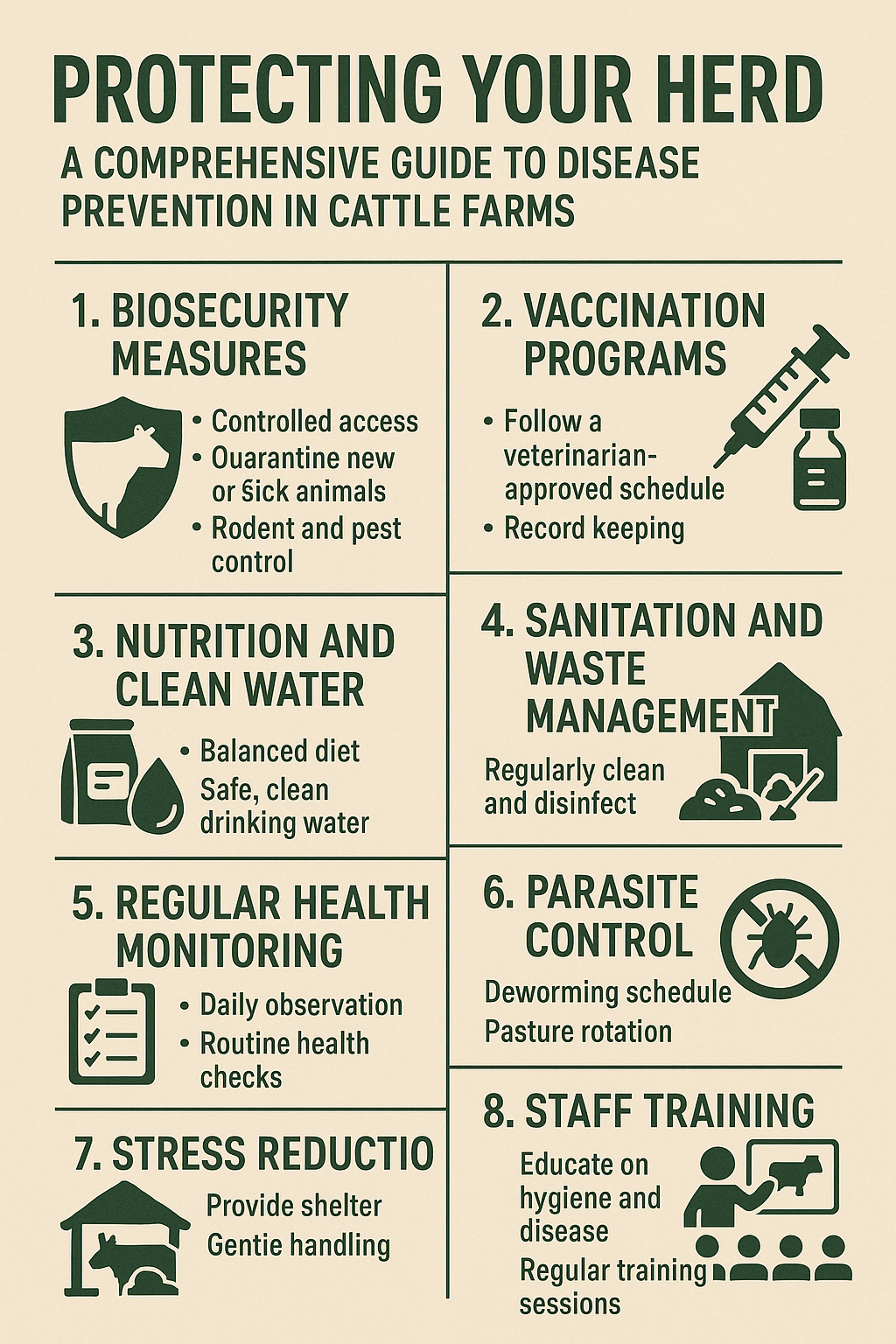
Background
Balanced nutrition that is adequate in major and minor nutrients has been recognized as one of the key drivers of profitability in dairying. While forages (green, dry and preserved, etc.) and concentrates (compound feed, home-mixed feed, etc.) constitute the major proportion of dry matter consumed by dairy animals, additives and supplements do play a pivotal role in complementing basal diet to augment production performance and profitability. Dairy cattle and buffaloes could receive such additives and supplements either through on-top application at farms or through the compound feed. Mineral vitamins, yeast products, fats, amino acids, non-protein nitrogen (NPN), encapsulated nutrients, mycotoxin binders/adsorbents (anti-caking substances), phytogenics, etc. are very well recognized and accepted worldwide for use in dairy nutrition. However, of late, there has been an increased interest among researchers and dairy practitioners in the use of enzymes aiming at enhancing the digestibility of basal ration, thereby possibly influencing milk performance. To this end, the present article discusses some of these findings from scientific research on the prospects of exogenous fibrolytic enzymes (EFE) supplementation in dairy ruminant production.
Enzymes in animal nutrition
Traditionally, the monogastric animal industry (poultry, pigs, and aquaculture) used a variety of enzymes such as carbohydrases, proteases, phytases, etc. to improve nutrient utilization and/or minimise the adverse effects of anti-nutritional factors from diverse feed resources used in the compound feed. Beneficially, it could also minimize the possible unwanted environmental nutrient excretions.
On the other hand, ruminants are bestowed with the unique system of anaerobic digestion of complex plant fibrous materials through fermentative digestion by rumen microbial consortium comprising of bacteria, protozoa, and fungi. Hence, it was believed that ruminants might not need any extraneous supplementation of enzymes. Nonetheless, a multitude of research from across the globe on EFE shows some encouraging results, whilst also with some degrees of uncertainty.
As it is well known that forage fibre is predominantly composed of cell wall carbohydrates such as cellulose and hemicellulose that are bound by phenolic polymer lignin. This lignification makes forages difficult to digest by ruminal microbial enzymes (cellulases). Adding to this, in high-yielding cows with a greater dry matter intake (DMI) and a faster rate of passage across the gastrointestinal tract (GIT), there appears insufficient contact time between enzymes and feed particles. Thus, with the use of fibrolytic enzymes, it could be theorized that the digestibility of complex carbohydrates is potentially augmented, which may have beneficial effects on milk performance.
How fibre digestion influences the performance of dairy ruminants?
In nutritional terms, fibre in the ruminant diet is expressed as neutral detergent fibre (NDF; cellulose, hemicellulose, and lignin) and acid detergent fibre (ADF; cellulose and lignin). It has been established that every unit increase in digestibility of NDF could translate to an additional milk response of 250 g. Thus, it can be theoretically stated that if enzyme application could bring a 4% unit increase in NDF digestion, a corresponding increase of 1 kg milk could be achieved depending on basal diet, among other factors.
Key findings from scientific papers
Although there are different categories of enzymes like amylolytic (digesting starch), proteolytic (degrading protein) besides EFE, these lie outside the scope of the present article. Hence, studies focusing exclusively on EFE are summarised below:
1. In vitro experiment
It was found that when sorghum stover was treated with a combination of cellulase and xylanase, the DM digestibility increased from 23.5% to 32.4%, illustrating the benefits of EFE. It was also observed in this study that the efficacy of EFE was found greater when used in combination rather than when treated with a single enzyme (Bhasker et al., 2012).
2. Field trial in dairy cows
An on-farm trial done at the northern part of India utilizing 12 crossbred cows (~milk yield: 14 kg/d) in their early-to-mid lactation fed with a diet having the forage-to-concentrate ratio of 55:45 were divided into 2 groups of control and treatment. The EFE (a multi-enzyme preparation) was supplemented at 4 g/cow/day in the treatment group along with 80 g of NPN in both the groups. Results revealed—with EFE supplementation—a better milk composition (fat and solid-not-fat) leading to higher revenue generation from the sale of milk on applying 2-axis farm-gate milk pricing. Not surprisingly, this field demonstration found a return on investment (ROI) of 8.3:1 with the use of EFE (Sharma et al., 2021).
3. Effect on feed efficiency
The Canadian researchers studied the effect of feed efficiency, defined as the ratio of milk to that of DMI, in high yielding (milk yield: ~38 kg/d) Holstein cows with DMI of ~23 kg/d. It was observed that cows receiving EFE supplements registered 30% increase in efficiency of converting ingested feed nutrients into milk (Holtshausen et al., 2011). In this way, EFE may prove beneficial in improving feeding economics and thus bottom-line farm profitability.
4. Experiments in dairy buffaloes
A controlled experiment conducted at ICAR – National Dairy Research Institute, Karnal showed a milk increment of 1.2 kg in Murrah buffaloes supplemented with a combination of cellulase and xylanase. The result was attributed to ~4% improvement in the digestibility of NDF in the basal diet without influencing DMI (~12 kg/d; Shelke et al., 2010).
Most recently, Egyptian researchers supplemented Penicillium-derived cellulase to dairy buffaloes and obtained milk improvements to the extent of ~1 kg/d with an approximately 5% increase in NDF digestibility (Azzaz et al., 2021).
5. Application of EFE during ensiling
In an interesting study, lignocellulosic agro by-products such as wheat straw, corn stalks, and cane bagasse were ensiled separately with or without the addition of EFE cocktail. In vitro evaluation of these ensiled feeds showed better gas production and thus organic matter digestion upon the use of EFE. This shows the potential of EFE in unlocking the energy potential of agricultural by-products (Kholif et al., 2017).
6. Results on meta-analysis of EFE
When several controlled experimental data were collated and re-analyzed through a meta-analytic approach, the results become more concise, concrete, and clear. A data set involving 74 experiments and 586 records worldwide revealed that EFE supplementation could result in a milk yield improvement of 1.96 kg/d along with milk protein and fat by 99.4 and 83 g/d, respectively (Tirado-González et al., 2017). This conclusively deduced the merit of EFE in improving lactational performance in dairy animals.
Selection criteria for EFE for dairy
Following are some of the factors that would be handy to consider while choosing EFE products for ruminants:
- pH stability in the rumen (~6.5)
- Thermostability (when intended for use by feed millers manufacturing steamed pellets)
- Multi-enzyme preparation over single enzyme
- Enzyme concentration (enzyme units?)
- Efficacy at in vivo/on-farm conditions
- Demonstration of practically feasible cost-benefit ratio (i.e., ROI)
Conclusion
Enzyme technology appears valuable to leverage greater benefits by unlocking the nutritional potential of feeds and thus improving performance plus economic gain in dairy animals. This can be of relevance to use by both compound feed manufacturers as well as dairy farmers under the situation when merits of enzyme application overweigh its inclusion cost.
(References are available on request)

M.S. Mahesh
Assistant Professor, Unit of Livestock Farm Complex, FVAS, Rajiv Gandhi South Campus, Banaras Hindu University, Mirzapur-231001, Uttar Pradesh, India
E-mail: drmaheshmsvet@gmail.com; Phone: 7309630890

















